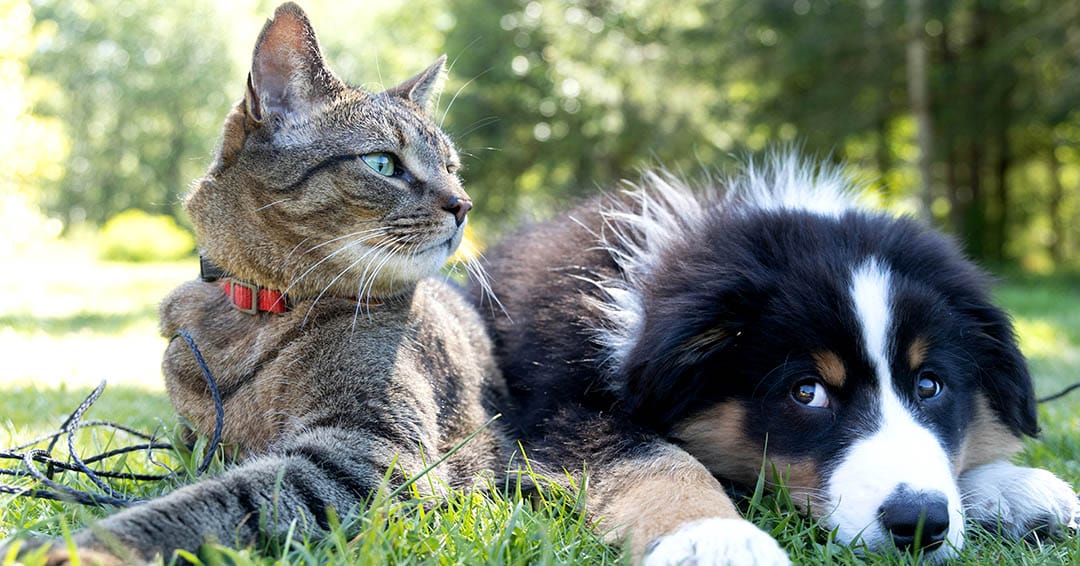

We hadn’t intended to include pets in the conversation, especially not when discussing faith, grief, the sacred. In reading James Taylor’s reflections on his Irish Setter, Brick, something stir. It was recognition. Not of a dog, necessarily, but of love in its most unconditional form. The kind that doesn’t ask, doesn’t judge, and doesn’t leave your side when your world breaks open.
We speak often of fellowship, of communion, of God’s still small voice. But what if, sometimes, that voice is not in thunder or flame, but in the thud of paws down the hallway, or the gentle lean of fur against our trembling bodies?
We are, it seems, living through what some call the Great Pet Awakening: a moment where people, disillusioned with institutions, are finding something holy in the companionship of animals. Not idolatry. Not projection. But presence. Unshakeable, ever-near presence.
Theologians, ministers, and mystics across traditions have started to affirm what pet owners have quietly known: our animals are more than animals. They are spiritual companions. Teachers. Consolers. Sometimes, the very balm that Scripture talks about when it says God draws near to the brokenhearted.
And isn’t that what grace is? To be loved not because we are good, but simply because we are. A dog doesn’t weigh your resume. A cat doesn’t demand doctrinal purity. They sit with you in silence, in sickness, in grief. They see you. All of you. And they stay.
Some may balk. Talk of souls and the afterlife might seem sentimental when applied to pets. But if heaven is love perfected, and love is what our animals pour out in reckless, joyful abundance, then how can they not be part of it?
For to him that is joined to all the living there is hope: for a living dog is better than a dead lion.
—Ecclesiastes 9:4
The Rainbow Bridge may not be canonized text, but its imagery reflects something deeply Christian: reunion, healing, a world made whole again. Perhaps it’s not a theological loophole but a glimpse into a deeper truth: that the heart has reasons the head is only just learning to understand.
We now believe that participating pets (yes, even a mischievous parrot or a skittish rescue cat) have a role in the liturgy of our lives. They are reminders that God often chooses the smallest, quietest ways to speak. And that sometimes, our best spiritual guides come with muddy paws and wagging tails.
They are not “just animals.”
They are family.
And sometimes, they are holy.
